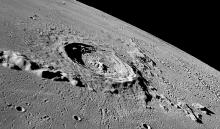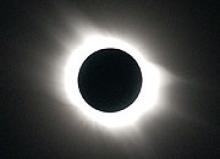
A planet is a planet is a planet. Unless it’s Pluto – then it’s a dwarf planet. But even then it’s a planet, according to experts. So what was behind the unpopular re-classification of Pluto by astronomers, and were they justified?
As the New Horizons spacecraft closes in on this small body, one planetary scientist says that this dwarf planet could be more typical of planets than Mars, Mercury, and Saturn. And that our solar system has not 8 or even 9 planets, but 900.
Also, meet a type of planet that’s surprisingly commonplace, although we don’t have one in our solar system: super Earths. Could they harbor life?
And the DAWN mission continues its visit to the two most massive residents of the asteroid belt: Vesta and Ceres. Discover what these proto-planets may reveal to us about the early solar system.
Guests:
Alan Stern – Planetary scientist, Southwest Research Institute, Principal Investigator of the New Horizons mission
Marc Rayman – DAWN Mission chief engineer and mission director
David Stevenson – Professor of planetary science at CalTech
Rebekah Dawson – Astronomer, postdoctoral fellow at the University of California, Berkeley
David Eicher – Editor-in-chief, Astronomy Magazine
Descripción en español
This episode was tagged with: Pluto astronomy planetary science cosmology solar system
 The Crater Good
The Crater Good 100% Invisible
100% Invisible Cosmic Conundra
Cosmic Conundra Martian Madness
Martian Madness